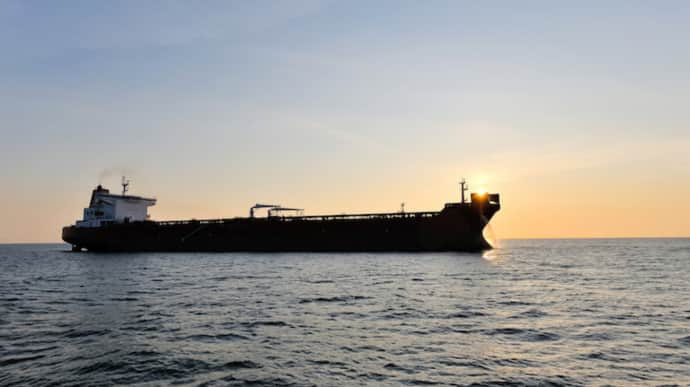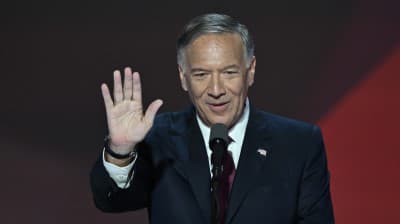Tankers tied to Russian oil trade go idle amid sanctions – Bloomberg

Tankers that Russia used to transport its crude oil are "grinding to a halt" under the weight of Western sanctions, which are only expected to tighten.
Source: Bloomberg
Details: Bloomberg reported that about half of the 50 tankers that the US Treasury began sanctioning in October 2023 have failed to load cargoes since they were listed.
The latest tanker to be targeted, NS Leader, was sailing toward a Russian port in the Baltic Sea when the US sanctions came into effect, and was forced to perform a U-turn off the coast of Portugal on Thursday, 8 February.

All eight vessels that were sanctioned in the first wave are now idle, most of them since shortly after they were listed by the US Treasury.
The first sanctions to limit the price of Russian oil were introduced at the end of 2022, and Russian oil products were sanctioned two months later. However, Russia was able to build a so-called shadow fleet to circumvent the sanctions, and some Western companies continued to trade Russian oil outside the price ceiling.
Read more: How Western energy sanctions against Russia are failing
"The result has been ballooning freight costs and Russian oil that’s being trading at deeper discounts to international benchmarks, according to organizations including the International Energy Agency.
Of the 50 tankers sanctioned since early October, 18 have collected cargoes. Of those, nine were shuttle ships and nine appeared to collect consignments as normal since they were added to the list.
One is still carrying a cargo it took on board before it was sanctioned.
That leaves 31. Of those, seven had been idled even before sanctions and three may well load soon. That leaves 21 that haven’t loaded cargo since," Bloomberg reported.
"Independent agencies, market analysts and the Russians themselves point to the fact that the price cap is achieving both of our goals: denying Russia the energy profits it needs to wage its illegal war, while simultaneously promoting stable energy markets," said Eric Van Nostrand, the US Treasury’s acting Assistant Secretary for Economic Policy.
However, the secretive nature of the Russian trade means it is hard to ascertain how hard Moscow is being hit.
An updated version of the price cap will be put in place this month; it will require shipowners and insurers to ask for more details on how much traders are actually paying for a cargo and related shipping costs.
Over recent weeks, insurers have published circulars saying that cover will not be valid unless they receive attestations of compliance to the price cap that include itemised ancillary costs.
These new measures are expected to put a lot of pressure on the Russian shadow fleet.
Background:
- In December 2022, the Group of Seven (G7) countries agreed to introduce a price cap of US$60/barrel for Russian oil exported by the sea.
- On 5 February 2023, the EU and the G7 agreed to introduce a price cap for Russian petroleum products. The first price cap for petroleum products traded at a discount to crude oil was set at US$45 per barrel, while the second price cap for petroleum products traded at a premium to crude was set at US$100 per barrel.
- In September 2023, the Financial Times reported that Russia was successfully avoiding G7 sanctions on most of its oil exports, which resulted in a shift in trade flows that will boost the Kremlin’s revenues as crude rises towards US$100 a barrel.
- China has grown its import of discounted Russian oil to a record 107 million tonnes in 2023, despite Western sanctions. China aims to continue increasing its Russian oil imports.
- The attack on a Trafigura tanker carrying Russian oil on 26 January 2024 has called into question the safety of legal shipping in the Red Sea.
- In February 2024, BPCL, a large Indian oil refinery, reportedly refused to buy Russian Sokol oil due to the reluctance of intermediary banks to authorise payments.
Support UP or become our patron!





